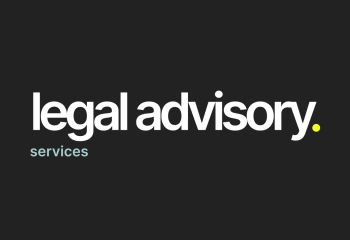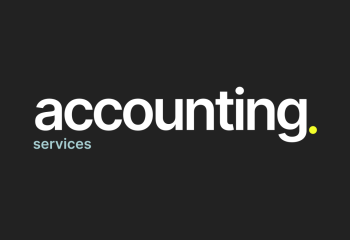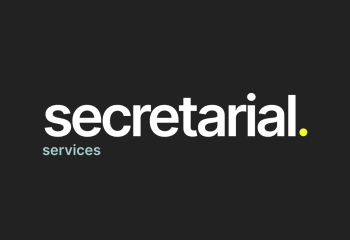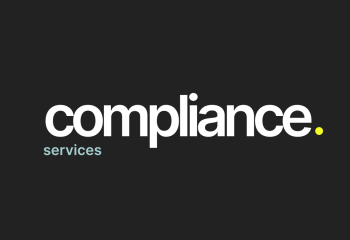1. Introduction
Although financial and tax due diligence is a mandatory process in any M&A transaction, the process itself still carries significant risks—especially in the context of target companies operating in emerging markets, which often lack transparency, stability, and have complex legal environments. Early identification of risks and the implementation of effective preventive measures can help investors not only protect the transaction’s value but also avoid post-M&A disputes that may negatively impact long-term business strategies.
2. The Role of Financial and Tax Due Diligence in M&A
Due diligence is a comprehensive review and assessment of the financial, tax, legal, and business operations of an investment target. In M&A, financial and tax due diligence helps to:
-
Accurately determine the value of the target company.
-
Detect potential liabilities and unrecognized tax risks.
-
Analyze the quality of earnings and cash flow.
-
Evaluate transfer pricing risks and misuse of tax exemptions/incentives.
-
Propose a tax- and finance-optimized deal structure.
3. Common Risks in Financial Due Diligence
3.1. Risks from Unreliable Financial Data
-
Financial statements may not comply with international standards or may be manipulated to “beautify” business results.
-
Accounting profits may not correspond with real cash flow ("profit without cash flow").
-
Dual accounting books, commonly used to evade taxes or to falsify figures for loan applications.
Recommendations:
-
Request audited financial statements from reputable international audit firms (e.g., “Big Four”) for at least the past 3–5 years.
-
Compare financial data with bank records, VAT invoices, payrolls, and bank reconciliations.
-
Apply trend analysis and test the consistency of financial ratios.
3.2. Hidden Liabilities and Off-Balance Sheet Commitments
-
Contingent liabilities, e.g., loan agreements guaranteed by the target company for subsidiaries, affiliates, or shareholders.
-
Unrecorded contractual obligations, such as long-term maintenance costs, indemnities, or unresolved labor disputes.
Recommendations:
-
Review all types of contracts—credit, commercial, guarantee/collateral, labor, and leases (including verbal agreements).
-
Assess off-balance sheet items, guarantees, letters of credit, and financial assurances.
3.3. Related-Party Transactions Distorting Financial Results
-
Internal transactions may be used to shift profits, revalue assets, or manipulate revenue.
-
Lack of documentation proving the independence and fairness of transaction pricing.
Recommendations:
-
Scrutinize books to detect abnormal transactions.
-
Review historical fund transfers between related entities.
-
Apply comparables or arm’s length pricing methods to test transaction fairness.
3.4. Accounting Standards and Transparency
-
Local GAAP may significantly differ from IFRS or US GAAP. Some items may be misrepresented, e.g., provisions, premature revenue recognition, or incorrect capitalized costs.
-
Financial reports may not be audited or are audited by inexperienced firms.
Recommendation: Convert financial reports to IFRS and perform adjusted EBITDA analysis to assess earnings quality.
3.5. Cash Flow and Liquidity
-
Profit growth does not always equate to positive cash flow.
-
It's essential to review operational cash flow, payables/receivables, inventory, and internal transactions.
Recommendation: Conduct a thorough assessment of Free Cash Flow and determine reliance on debt or related parties for funding.
4. Common Tax Risks
4.1. Risk of Tax Reassessment and Penalties
-
Tax liabilities arising from incorrect or non-compliant filings.
-
Violation of tax incentive conditions (e.g., CIT, VAT, investment certificates).
-
Failure to prepare proper transfer pricing documentation as required by local tax authorities.
Recommendations:
-
Carefully examine tax filings and records for the past 3–5 years.
-
Review internal tax policies and confirm incentive conditions in writing.
-
List potential tax liabilities and recommend escrow/holdback of part of the purchase price to mitigate risks.
4.2. Suboptimal Tax Structure in the Transaction
-
Choosing a non-optimal form (e.g., buying shares instead of assets or vice versa) may create unnecessary tax burdens.
-
Failure to utilize double tax treaties.
-
Profits subject to high taxation in the recipient country due to lack of suitable ownership structure.
Recommendations:
-
Use Special Purpose Vehicles (SPVs) in countries with double taxation treaties with the target country.
-
Seek international advisory on investment structures, covering legal, tax, and transfer pricing aspects.
-
Plan for future divestment early to avoid tax traps upon market exit.
5. Risks from Policy and Legal Environment Changes
-
Emerging markets often experience frequent changes in tax laws, investment regulations, and foreign capital requirements.
-
Political risks such as nationalization, foreign exchange policy shifts, or stricter foreign enterprise regulations.
Recommendations:
-
Stay updated on legal changes via local counsel or international law firms.
-
Include "Material Adverse Change" clauses in contracts, agreements, and investments to protect interests.
-
Consider purchasing relevant insurance policies where available.
6. Conclusion
While financial and tax due diligence is a critical tool in M&A, it is not an absolute shield. Many risks only emerge after a transaction closes. Therefore, combining thorough due diligence, smart deal structuring, and appropriate legal protection is the most effective way to safeguard investors entering emerging markets. Proactive risk management from the beginning will determine the long-term success of the transaction.
7. HOW CAN ALTAS HELP?
ALTAS LAW offers comprehensive legal, accounting, and tax service packages tailored to support seamless transition during this period:
-
Accounting and Tax Services: We provide services to help your business manage the financial impact of these reforms, including tax planning, reporting, and compliance.
-
Licensing & Regulatory Compliance: We meticulously review your current licenses and permits, advise on necessary amendments or renewals, and guide you through the process of obtaining any new approvals. Our team also ensures your compliance with all relevant regulatory changes.
Please contact us at contact@altas.vn to discuss how we can assist you in navigating these reforms successfully.
---
Prepared by:
Lawyer Partner at ALTAS Law - Mr. Le Quang Lam & Managing Director at ALTAS Accounting - Ms. Nguyen Nhac Thien An
Date: August 5, 2025














.png)
![[LEGAL NEWSLETTER – NOVEMBER 2024 ] CIRCULAR NO. 48/2024/TT-NHNN [LEGAL NEWSLETTER – NOVEMBER 2024 ] CIRCULAR NO. 48/2024/TT-NHNN](thumbs/210x144x1/upload/news/web-1666620014958786336308-16708409830151046155074-4017.jpg)


![[MARKET NEWS - NOVEMBER 2024] KEY CHANGES IN KARAOKE AND NIGHTCLUB BUSINESS OPERATIONS [MARKET NEWS - NOVEMBER 2024] KEY CHANGES IN KARAOKE AND NIGHTCLUB BUSINESS OPERATIONS](thumbs/210x144x1/upload/news/pho-di-bo-bui-vien-cover-5284.webp)







